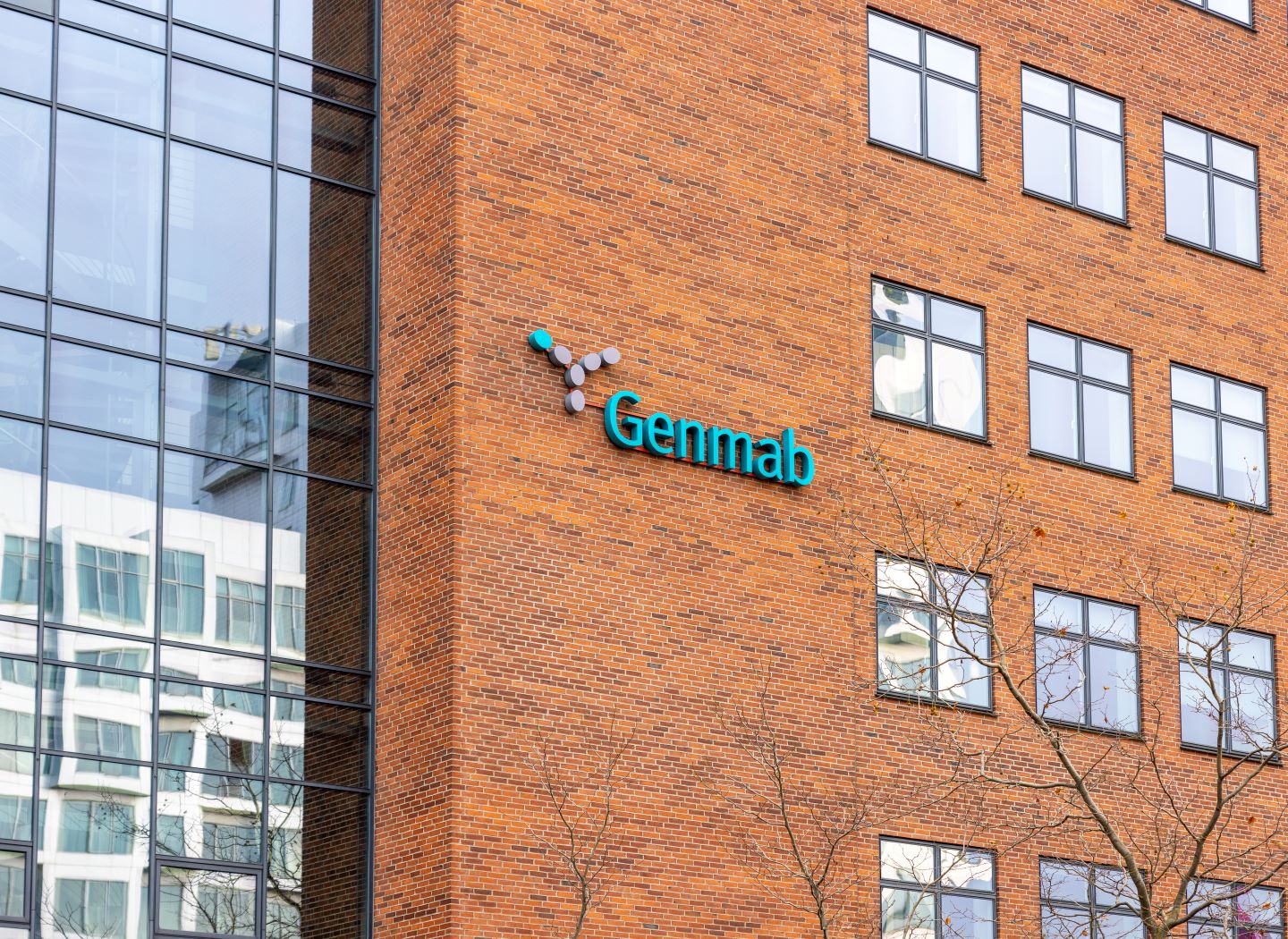On 27 February, AbbVie and Genmab’s Epkinly (epcoritamab) was granted Priority Review by the FDA for a supplemental biologics licence application (sBLA) for difficult-to-treat relapsed or refractory (r/r) follicular lymphoma (FL), an indolent form of lymphoma, following at least two prior lines of systemic therapy. Despite the availability of new therapies and chimeric antigen receptor (CAR)-T cell therapy, managing r/r FL with effective and more convenient therapies remains a significant unmet need that Epkinly will address.
Epkinly is a subcutaneously administered, bispecific antibody targeting CD3 and CD20 that redirects and activates T-cells to CD20-expressing cancer B-cells, resulting in potent and selective T-cell-mediated cytotoxic activity. Epkinly boasts an FDA and EMA approval in r/r third-line diffuse large B-cell lymphoma (DLBCL) treatment based on robust efficacy data from the Phase I/II EPCORE NHL-1 clinical trial. Epkinly’s sBLA is based on the dose-expansion FL cohort of the EPCORE NHL-1 clinical trial, which demonstrated a high overall response rate (ORR) (82%) and complete response (CR) rate (63%) at the median follow-up of 17.4 months in patients with r/r FL following two or more lines of systemic therapy who were treated with Epkinly. However, the median duration of response was not reached.
Epkinly faces direct competition with Roche’s two FDA-approved bispecific CD20-directed CD3 T-cell engagers, Columvi (glofitamab) and Lunsumio (mosunetuzumab). Columvi and Epkinly were both approved in the third-line DLBCL setting. However, Epkinly generated total global sales of $64m in 2023, while Columvi only generated sales of $29m. In the r/r FL setting, Epkinly will face the first-in-class FDA-approved Lunsumio, which is projected to reach total global sales of $964m by 2029, according to GlobalData’s Analyst Consensus Forecast. Lunsumio has a similar efficacy profile to Epkinly, with an 80% ORR and a 60% CR rate. Lunsumio holds a boxed warning for cytokine release syndrome (CRS), which occurred in 39% of 218 patients, including 15% that were grade 2 and 2% that were grade 3, in the Phase I/II dose escalation study of Lunsumio both as a monotherapy and combined with atezolizumab in patients with r/r B-cell non-Hodgkin lymphoma (NHL) and chronic lymphocytic leukaemia. Epkinly holds a boxed warning for CRS and immune effector cell-associated neurotoxicity syndrome (ICANS). However, the optimised step-up dose regimen in FL reduced the 67% CRS occurrence of grade 1 (40%), grade 2 (25%), and grade 3 (2%) severity to a 48% occurrence of grade 1 (40%) and grade 2 (8%) events, with no grade 3 severity and no cases of ICANS. These results, which show a mitigation of CRS symptoms, could influence a physician’s decision between the two drugs.
Despite the potential encroachment of third-line DLBCL patient shares and competition with a first-in-class agent in r/r FL, Epkinly’s predicted sales will increase if a second approval is obtained in the r/r FL setting and with potential approvals in earlier-line settings across other B-cell NHL subtypes. Epkinly’s total global sales are predicted to reach $2.3bn, according to GlobalData’s Analyst Consensus Forecast. AbbVie and Genmab are continuing to investigate Epkinly in three ongoing Phase III trials as a monotherapy for patients with r/r DLBCL, in combination with rituximab and lenalidomide for patients with r/rR FL, and in combination with standard-of-care rituximab plus cyclophosphamide, doxorubicin, vincristine, and prednisone (R-CHOP) for patients with newly diagnosed DLBCL.

US Tariffs are shifting - will you react or anticipate?
Don’t let policy changes catch you off guard. Stay proactive with real-time data and expert analysis.
By GlobalData





